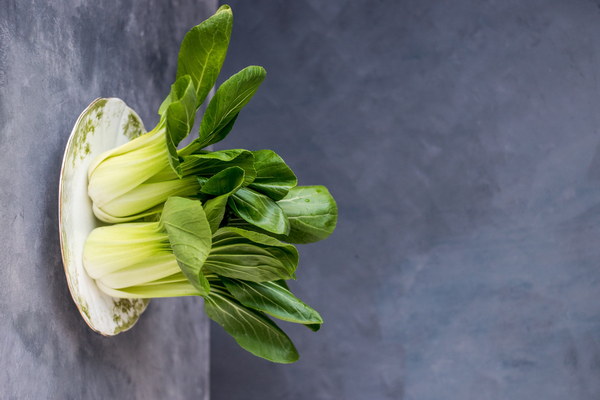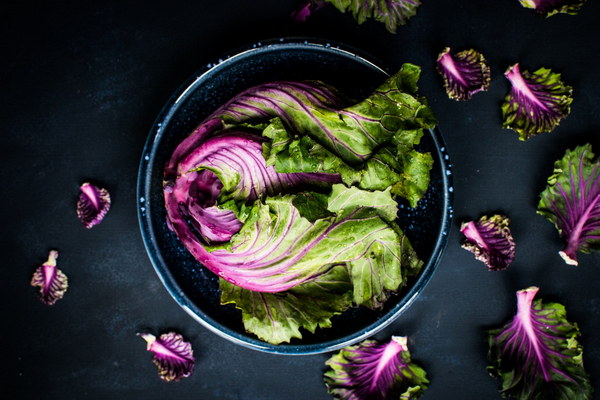The Current State of Traditional Chinese Medicine in Anti-Aging Research A Comprehensive Review
Introduction:
With the increasing aging population worldwide, the search for effective anti-aging treatments has become a hot topic in the field of medicine. Traditional Chinese Medicine (TCM) has a long history of using natural herbs to treat various health conditions, including aging-related issues. This article aims to provide a comprehensive review of the current state of TCM in anti-aging research, exploring the potential benefits, mechanisms, and challenges faced by this ancient practice in the fight against aging.
1. The Concept of Anti-Aging in TCM:

In TCM, aging is viewed as a result of Yin and Yang imbalance, internal organ dysfunction, and Qi (vital energy) depletion. The primary goal of anti-aging treatments is to restore the balance of Yin and Yang, strengthen the internal organs, and boost Qi. Herbs with anti-aging properties are selected based on their ability to address these underlying factors.
2. Potential Benefits of TCM in Anti-Aging:
a. Improved Skin Health: Many TCM herbs have been found to possess antioxidant, anti-inflammatory, and collagen-stimulating properties, which contribute to improved skin health and reduced signs of aging.
b. Enhanced Immune System: TCM herbs, such as Astragalus and Ginseng, have been shown to boost immune system function, thereby promoting overall health and longevity.
c. Improved Cognitive Function: Herbs like Ginkgo Biloba and Schisandra have been linked to improved cognitive function, memory, and reduced risk of neurodegenerative diseases.
d. Enhanced Metabolic Function: TCM herbs like Resveratrol and Green Tea have been found to enhance metabolic rate, reduce body fat, and prevent obesity, which are important factors in aging-related diseases.
3. Mechanisms of Action:
The mechanisms of action of TCM herbs in anti-aging are diverse and multifaceted. Some of the key mechanisms include:
a. Antioxidant Activity: Many TCM herbs contain high levels of antioxidants, which help neutralize free radicals and protect cells from oxidative damage.
b. Anti-Inflammatory Effects: Inflammation is a significant contributor to aging and age-related diseases. TCM herbs with anti-inflammatory properties can help reduce inflammation and delay aging processes.
c. Immune System Modulation: TCM herbs can modulate the immune system, enhancing its ability to combat pathogens and maintain overall health.
d. Neural Regulation: Some TCM herbs have been shown to improve neural function and reduce the risk of neurodegenerative diseases.
4. Challenges and Future Directions:
Despite the promising potential of TCM in anti-aging research, there are several challenges that need to be addressed:
a. Standardization: The quality and efficacy of TCM herbs can vary greatly, making it difficult to compare results across studies. Standardization of herbal extracts and formulations is essential for reliable research.
b. Research Methodology: Many TCM studies have been conducted using traditional methods, which may not be as rigorous as those in conventional medicine. Improved research methodologies are needed to ensure the validity of findings.
c. Integration with Modern Medicine: To fully utilize the potential of TCM in anti-aging, it is important to integrate it with modern medicine, allowing for a more comprehensive approach to treatment.
Conclusion:
Traditional Chinese Medicine offers a promising avenue for anti-aging research, with its diverse range of natural herbs and holistic approach to health. By addressing the challenges and advancing research methodologies, TCM has the potential to contribute significantly to the development of effective anti-aging treatments. Further investigation into the mechanisms and efficacy of TCM herbs will undoubtedly pave the way for a brighter future in the fight against aging.









